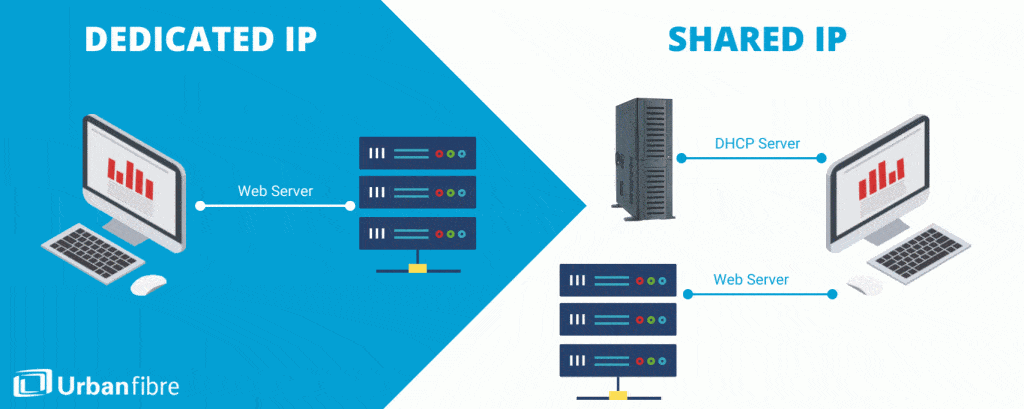First off, IP stands for “Internet Protocol”. Internet Protocol is a set of rules that define how information is transmitted across the internet.
An IP Address (or “Internet Protocol” address) is a unique numerical identifier that is assigned to a network device.
IP Addresses uniquely identify a device which enables communication between devices or between connected networks. Without a unique IP Address your device would not be able to communicate with any other device on the internet.
Everything connected to the internet is a network device and has an IP Address: computers, servers, mobile phones and all those ‘smart’ devices like security cameras, doorbells, audio enabled assistants, televisions and even kitchen appliances that connect to the internet also have unique IPs.
There are two types of IP addresses in use, IPv4 (Version 4) which is older and IPv6 (Version 6) which is newer. All IP addresses are finite in quantity and with the massive and exponential growth in the number of connected devices in the world we have run out of IPv4 IP Addresses.
In 2017, IPv6 became the latest standard to ensure the web can keep expanding and new IPs can be assigned. While both types of addresses can communicate on the Internet, the transition from IPv4 to IPv6 is still ongoing.
This is what IP addresses look like-
- IPv4: 216.58.216.164
- IPv6: 2607:f8b0:4005:805::200e

Dynamic IP Address
Also known as a shared IP. A dynamic IP address is an ip address that is assigned temporarily to a device. If the device it is assigned to is not in use, the IP address can be re-assigned to a different device.
- Dynamic IP address can change anytime
- Generally are used for residential devices
Static IP Address
Also known as dedicated IP or fixed IP. When a device is assigned a static IP Address, the address does not change.
- Once assigned the dedicated IP address will remain unchanged
- No one else can use your or your organization’s dedicated IP address
Key Advantages of using a dedicated IP address
- Because it doesn’t change once assigned, a static IP address makes it easier to communicate with or access a network device (imagine how hard it would be for someone to find your home if the address changed all the time!).
- They also make it easier to use certain internet applications like VoIP calling (Voice over Internet Protocol) or VPN access (Virtual Private Network access)
